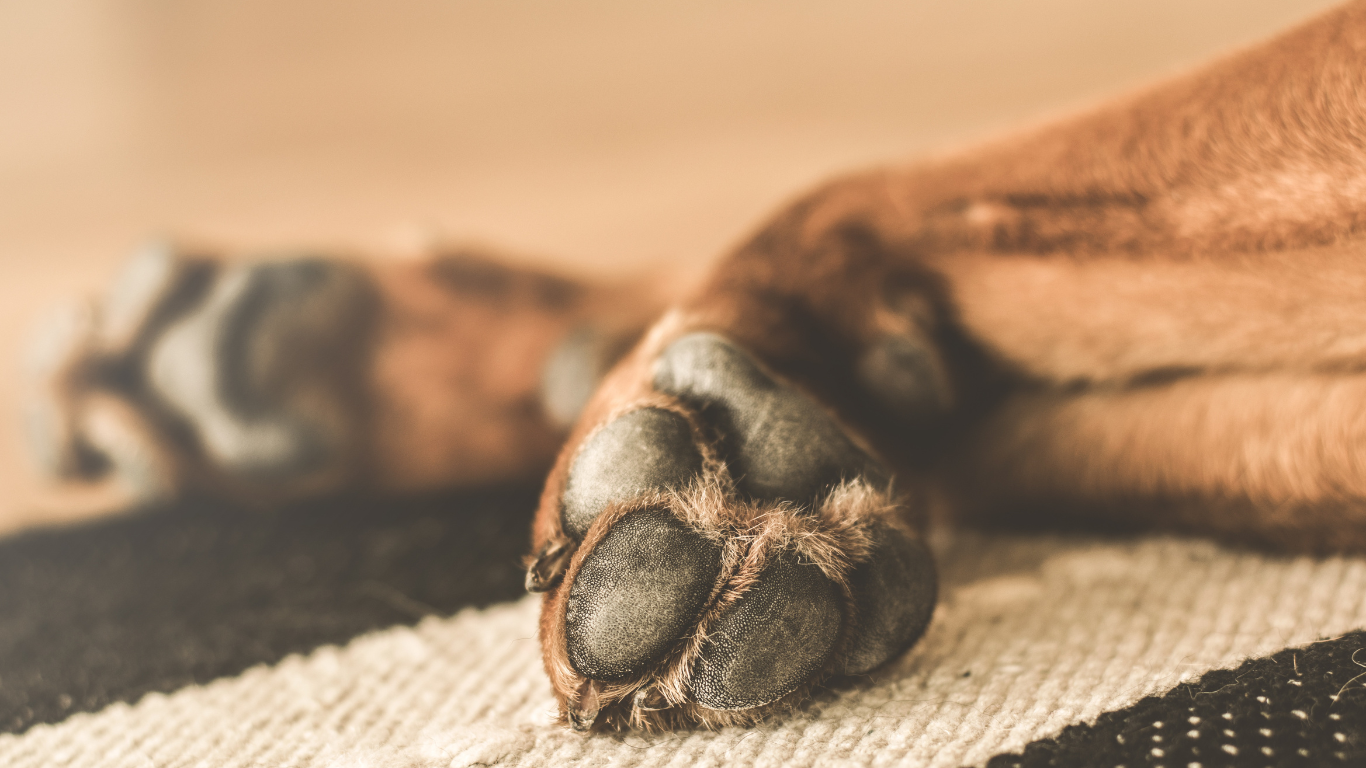
What are the anal glands?
The dog's anal glands are located to the left and right of the anus. They produce a smelly and oily secretion, which is usually released when defecation. The secretion serves to create scent marks and is located in the anal sacs.
Inflammation of the anal glands in dogs
To empty the anal sacs, it is important that the feces are solid and that the secretion is massaged out. If your dog has diarrhea, this process is no longer guaranteed and the secretion increasingly accumulates in the anal sacs and thickens. This makes emptying more and more difficult and the bags become inflamed. In the worst case, the inflamed sacs break outward and form a fistula.
How can you tell if your dog has anal gland inflammation?
A typical symptom is so-called sledding, the dog sliding around on the anus. Excessive licking of the anus or the surrounding area also occurs. Some dogs also bite their groins. There may also be difficulties in defecating. Externally you can see swelling and redness in the anus region.
How should you deal with your dog's anal gland inflammation?
In any case, you should visit the veterinary practice as soon as possible. The doctor will try to empty the glands and, if necessary, treat the diarrhea.
If the anal sacs become fistulous, flushing of the glands, ointments for the stressed anal region and possibly antibiotics and painkillers may be necessary.
A neck collar is intended to prevent the dog from licking and thereby speed up the healing process.
How can you prevent anal gland inflammation in dogs?
You should make sure that your dog tolerates his food well and eats something rich in fiber. Good digestion is important so that the feces have the right consistency and the anal glands empty. For example, you can also mix psyllium husks into the food; they stimulate digestion and bind the feces to thin ones.
With probiotics and prebiotics, our functional snack Tummy actively supports the gastrointestinal flora and can improve digestion.












